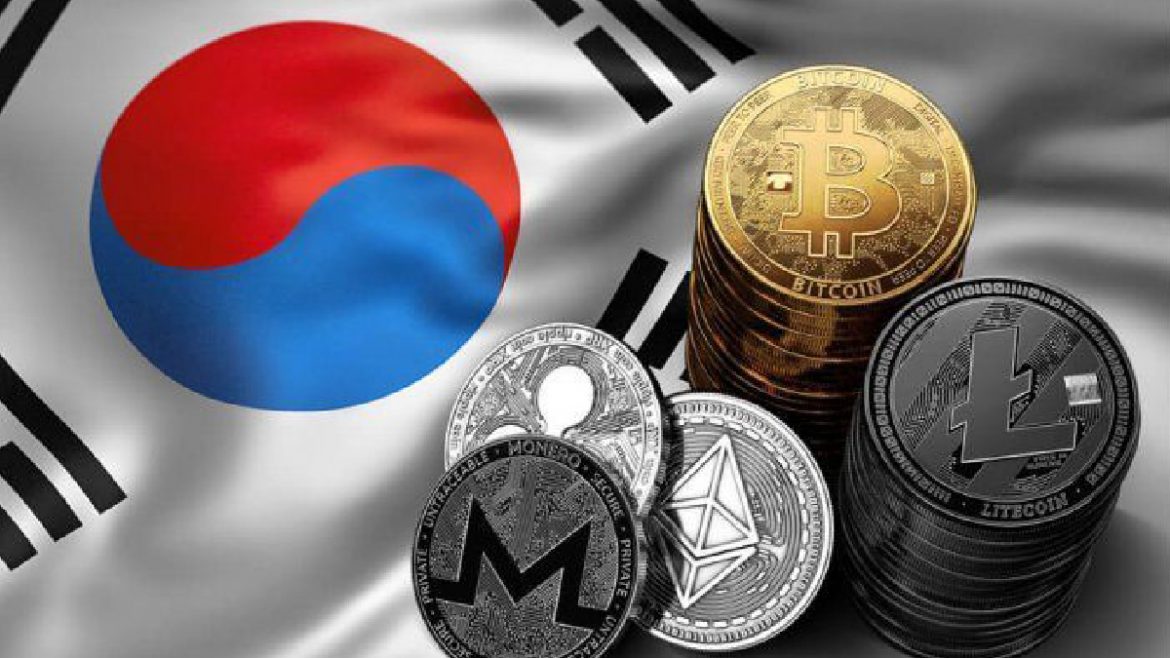In South Korea, cryptocurrencies are not considered legal tender and though exchanges are legal, they are a part of a closely-monitored regulatory system. A South Korean financial watchdog under the Financial Services Commission (FSC) is planning to more closely supervise cryptocurrency exchanges. The agency in question is the Financial Intelligence Unit (FIU). This agency plans to directly regulate cryptocurrency exchanges which are controlled via guidance given to banks.
In 2018, the agency amended AML rules applying to cryptocurrency exchanges which were a part of a move to tighten the monitoring of exchange-held accounts.
Lee Tae-hoon, Director of administration and planning at the FIU, was cited as saying that the Korean government will set up a licensing system for crypto exchanges, as recently recommended in new international standards issued by the Financial Action Task Force (FATF). The move would “boost the transparency of cryptocurrency transactions,” Lee said. He explained at a public hearing that, “If an amendment to the Act on Reporting and Use of Certain Financial Transaction Information passes the National Assembly, it will be possible to prevent money laundering through cryptocurrencies.”
This amendment may introduce a controversial “travel rule” and if crypto exchanges are going to be compliant, they would have to share information on the parties making those transactions. Without a doubt, this poses a major threat to anonymity and privacy in cryptocurrency transactions.
South Korea is not the first Asian country that is tightening its grip on the crypto sector. Japan plans to amend existing laws on crypto exchanges to deal with the incessant security breaches. Case in point, in July 2019 a popular Japanese exchange, Bitpoint, lost approximately $32 million (3.5 billion yen) to hackers. The exchange experienced unauthorized access in its hot wallets which led to the theft of a wide range of digital assets including Bitcoin and XRP.
Japanese exchanges have been allowed to self regulate in the past, thanks to the activities of the Japan Virtual Currency Exchange Association (JVCEA), a body of exchanges that ensure the institution of industry-wide anti-money laundering and security standards. But more recently, the government has taken a more active regulatory role.
India is considering a blanket ban on all cryptocurrencies, similar to what China has done. In 2018, RBI issued a circular asking banks and all financial institutions to sever ties with crypto exchanges. This ring-fencing approach has stifled the $15 Billion crypto economy in India.
South Korea held a pan-governmental meeting on May 2019 and discussed the nation’s cryptocurrency market as bitcoin prices rose to ten million won. Financial institutions decided to keep a close look on local cryptocurrency exchanges and in case of market overheat, “take action to minimize the ramifications on investors.” Moreover, financial watchdogs are going to counter potential fraud by cooperating with law enforcement authorities and relevant financial institutions.
South Korean Watchdog To Supervise Crypto Exchanges
previous post
